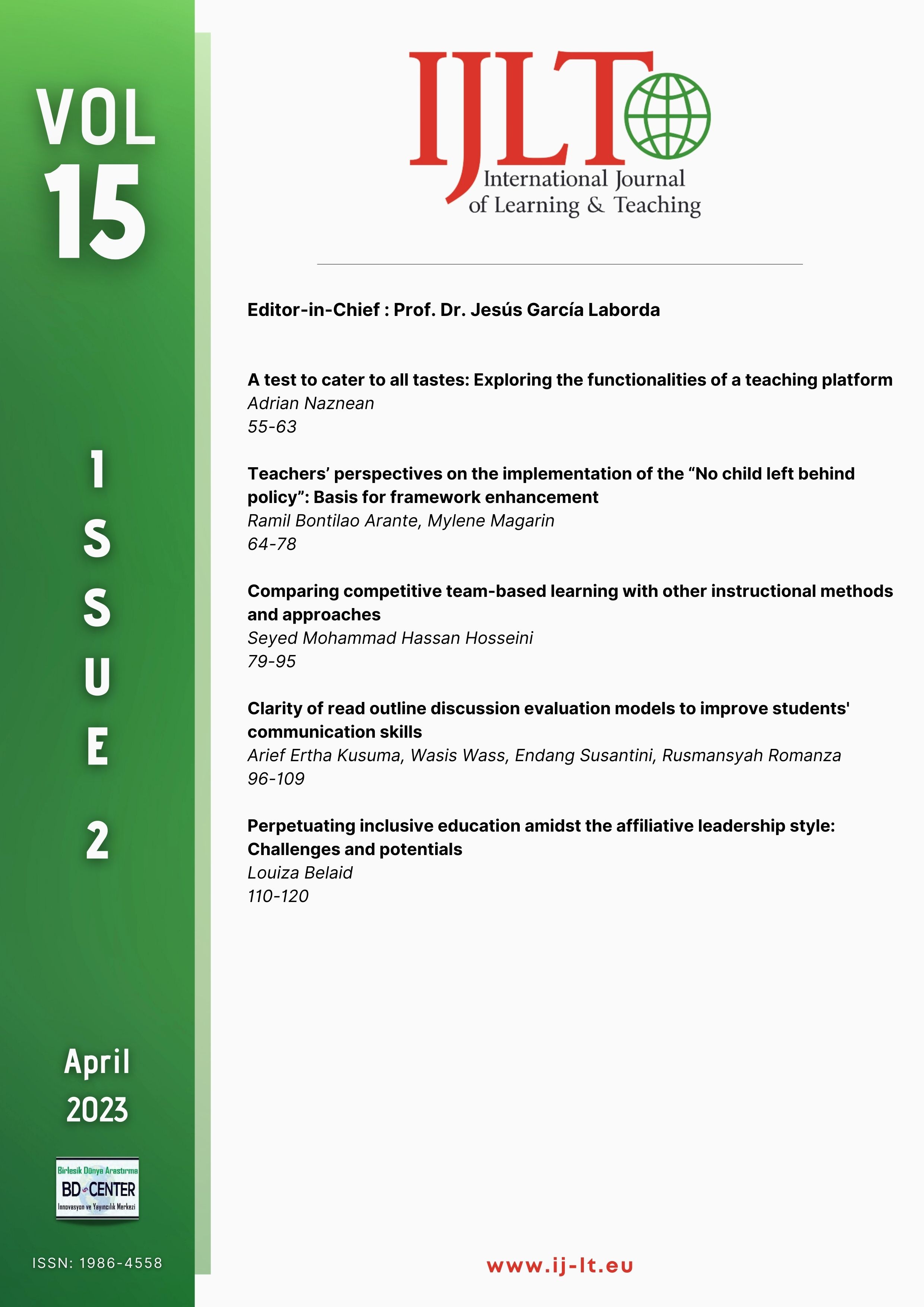Clarity of read outline discussion evaluation models to improve students' communication skills
Main Article Content
Abstract
The Read Outline Discussion Evaluation (RODE) learning model is designed to improve students' communication skills. This study aims to assess the validity and reliability of the RODE learning model with the Read, Outline, Discussion, and Evaluation (RODE) syntax. Three education experts evaluated learning materials to assess the validity and reliability of the RODE learning models. The RODE learning model validation sheet was filled out by experts who review and appraise the researcher's learning model. The three experts reviewed the hypothetical draft model and assessed it on the validation assessment sheet according to the guidelines of the validation instrument. The validity and reliability of the RODE Learning model were determined using a qualitative descriptive technique and Cronbach's alpha coefficient. The findings revealed that the RODE Learning model satisfied the validity and reliability standards. Therefore, the Read Outline Discussion Evaluation is a valid and reliable learning model that can be used to improve students' communication skills.
Keywords: Communication Skills; Reliability, RODE; Student; Validity
Downloads
Article Details

This work is licensed under a Creative Commons Attribution-NonCommercial-NoDerivatives 4.0 International License.
Authors who publish with this journal agree to the following terms:
- Authors retain copyright and grant the journal right of first publication with the work simultaneously licensed under a Creative Commons Attribution License that allows others to share the work with an acknowledgement of the work's authorship and initial publication in this journal.
- Authors are able to enter into separate, additional contractual arrangements for the non-exclusive distribution of the journal's published version of the work (e.g., post it to an institutional repository or publish it in a book), with an acknowledgement of its initial publication in this journal.
- Authors are permitted and encouraged to post their work online (e.g., in institutional repositories or on their website) prior to and during the submission process, as it can lead to productive exchanges, as well as earlier and greater citation of published work (SeeThe Effect of Open Access).
